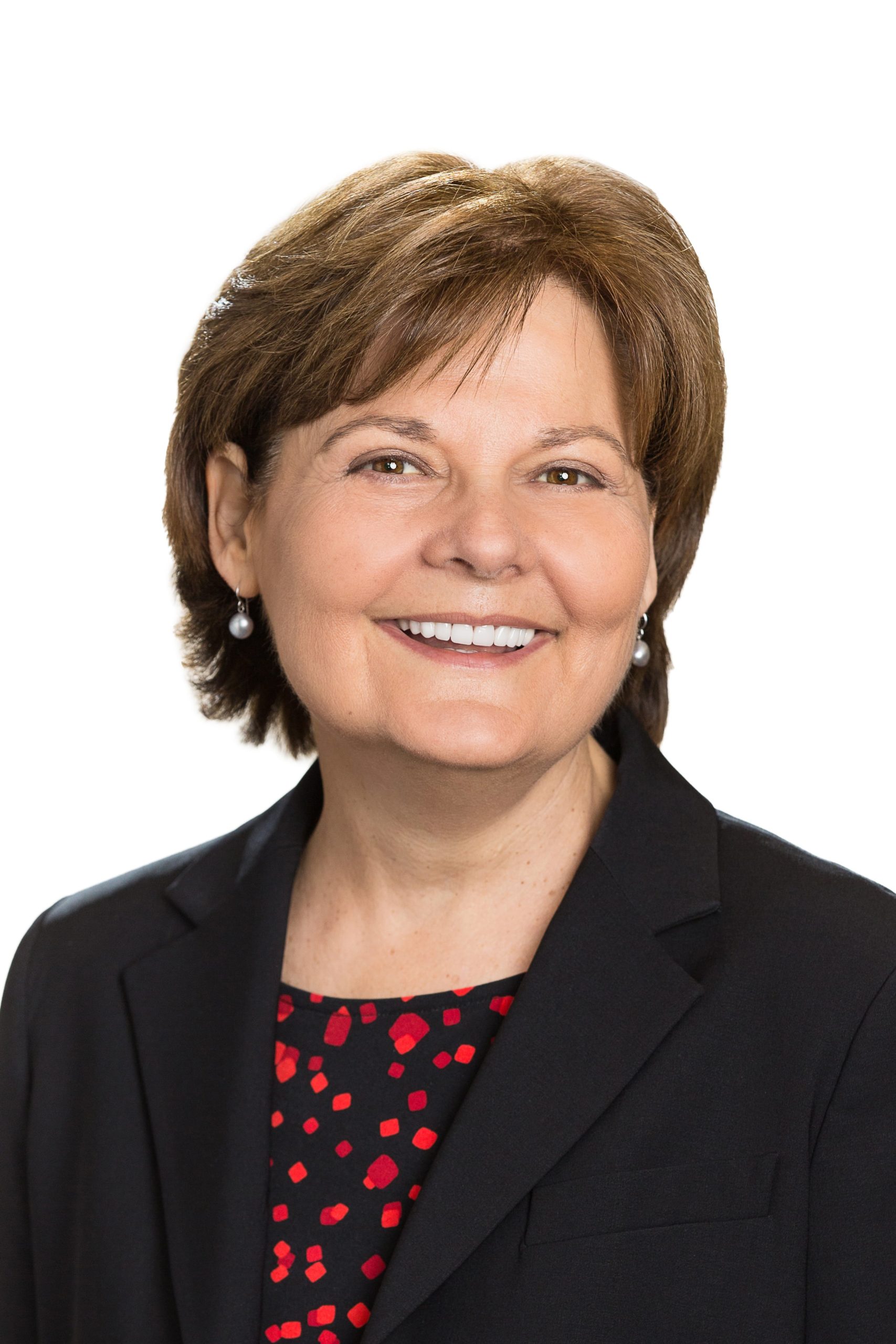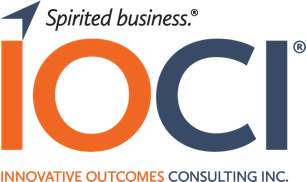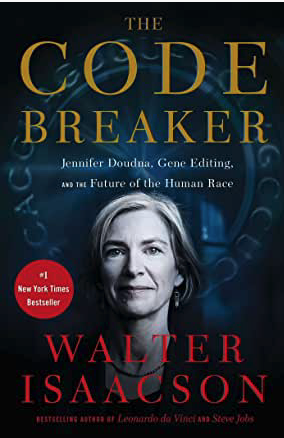*Any/all of the links to Amazon on ioci-consulting.com are affiliate links from with IOCI receives a small commission from sales of certain items. Commissions IOCI earns help us produce and maintain this site. Thank you!
In our last book review of The Future is Faster Than you Think we covered a variety of technologies and advances that are coming together to create innovation and tremendous impacts on our daily lives. In this review we’ll be covering Walter Isaacson’s book, “The Code Breaker” a very accessible read for non-scientists which highlights one of the advances in science that is driving the development of new therapeutics, vaccines, and cures to diseases like sickle cell anemia that before were thought to be uncurable.
While Isaacson seems to be writing a biography of Jennifer Doudna, he acknowledges that there is a larger historical context at play and that science is a team sport and at times a highly competitive one, In this case, with Doudna leading the race to discover CRISPR-CAS 9 – the gene editing tool that has revolutionized Medicine.
So, to help us readers understand the launching point of Doudna’s discovery, Isaacson takes us through decades of genetic advancements, including the mapping of the human genome, to set the context of both the scientists involved and the building blocks they laid. He references the three revolutionary advancements that made visible “the three fundamental kernels of our existence: the atom, the bit, and the gene.” He posits, “now we have entered the third and even more momentous era, a life-science revolution. Children who study digital coding will be joined by those who study genetic code.”
From here Isaacson skillfully leads us to the ethical questions that gene editing raises.
- “Should we edit our species to make us less susceptible to deadly viruses?”
- “Should we use gene editing to eliminate dreaded disorders, such as Huntington’s, sickle-cell anemia, and cystic fibrosis?”
- “And what about deafness or blindness?”
- “Or being short? Or depressed?”
- “Should we allow parents to enhance the IQ and muscles of their kids?” Should we let them decide eye color, skin color or height?”
These questions cause us to imagine the possible implications on society and the reframing of diversity or even the emergence of a new underclass if ethical lines are not established. To leverage the full potential of CRISPR, the public, government and the scientific community will need to come together and shape future policy.
Now setting aside the science, this book is also about the incredible power of the human spirit – a gripping story of dogged determination, resilience, grit, and the drive to achieve against incredible odds for the two women who are at the center of this story – Jennifer Doudna and her colleague Emmanuelle Charpentier. The book reminded me of the story about the women behind hidden figures and in this case how women were often discouraged from entering the field of science. And how so very often women are naïve about the well-funded conniving forces that aim to take the credit for their discoveries. In the end, Doudna and Charpentier won the Nobel prize for their discovery.
About Marialane

Marialane helps individuals and organizations perform at their best, do meaningful work, and make important impacts through customized coaching and consulting engagements. Clients often describe her fluency in business, leadership, and results-orientated thinking as why she is so often entrusted as an executive coach and advisor. Read her bio.
You can find more of her reading list, leadership insights, and white papers in the Learning Center.
Disclosure
*Any/all of the links to Amazon on ioci-consulting.com are affiliate links from with IOCI receives a small commission from sales of certain items. Commissions IOCI earns help us produce and maintain this site. Thank you!
Featured Reviews
- The drive to achieve against incredible odds 22th Jun 2022
- Exponentially accelerating change is upon us – will you be ready? 25th May 2022



Community Engagement